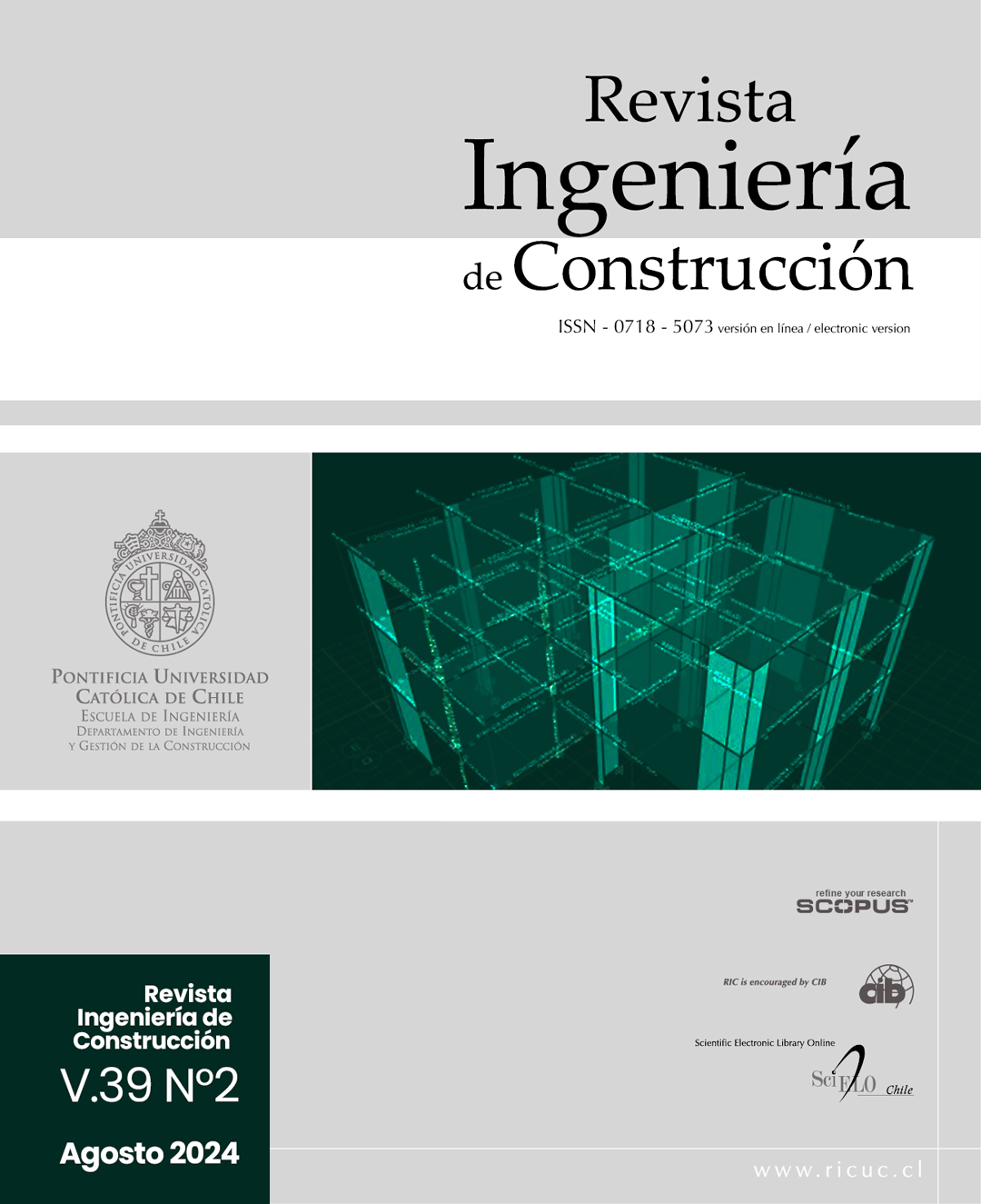Improving the effectiveness of project scheduling by using Earned Value Management and Artificial Neural Network
DOI:
https://doi.org/10.7764/RIC.00112.21Keywords:
EVM, ANN, BN, Project scheduling performance, AgilityAbstract
During construction, uncontrolled resources impact project performance. Earned Value Management (EVM) is a widespread method used for project management based on time and cost control. Advances in Information Technology (IT) provide options to improve the EVM method. The EVM is a project-level method that excludes detailing the behavior of project parameters at the level of construction operations, they are handled in aggregated economic terms over time. Thus, this work studies the improvement of EVM using IT to express the handling of operational variables. This article uses a road construction project as a case study, to evaluate three approaches (i.e., Bayesian Network (BN), Artificial Neural Network (ANN), and Hybrid EVM-ANN) as improvement options for the EVM method. It was found that the ANN provides the best improvement of EVM results. The use of ANN and project parameters improves the handling of EVM. By mayor forecast effectiveness, is expected to improve the quality and availability of data for decision making, a condition which in turn may improve agility and adaptability of the project as-built outcomes. The model EVM-ANN uses parameters that influence project implementation completion, making it easier to assess project time performance based on various conditions in the field so that the project can obtain the best strategy to ensure project completion on time.
Downloads
Downloads
Published
How to Cite
Issue
Section
License
Copyright (c) 2024

This work is licensed under a Creative Commons Attribution 4.0 International License.

